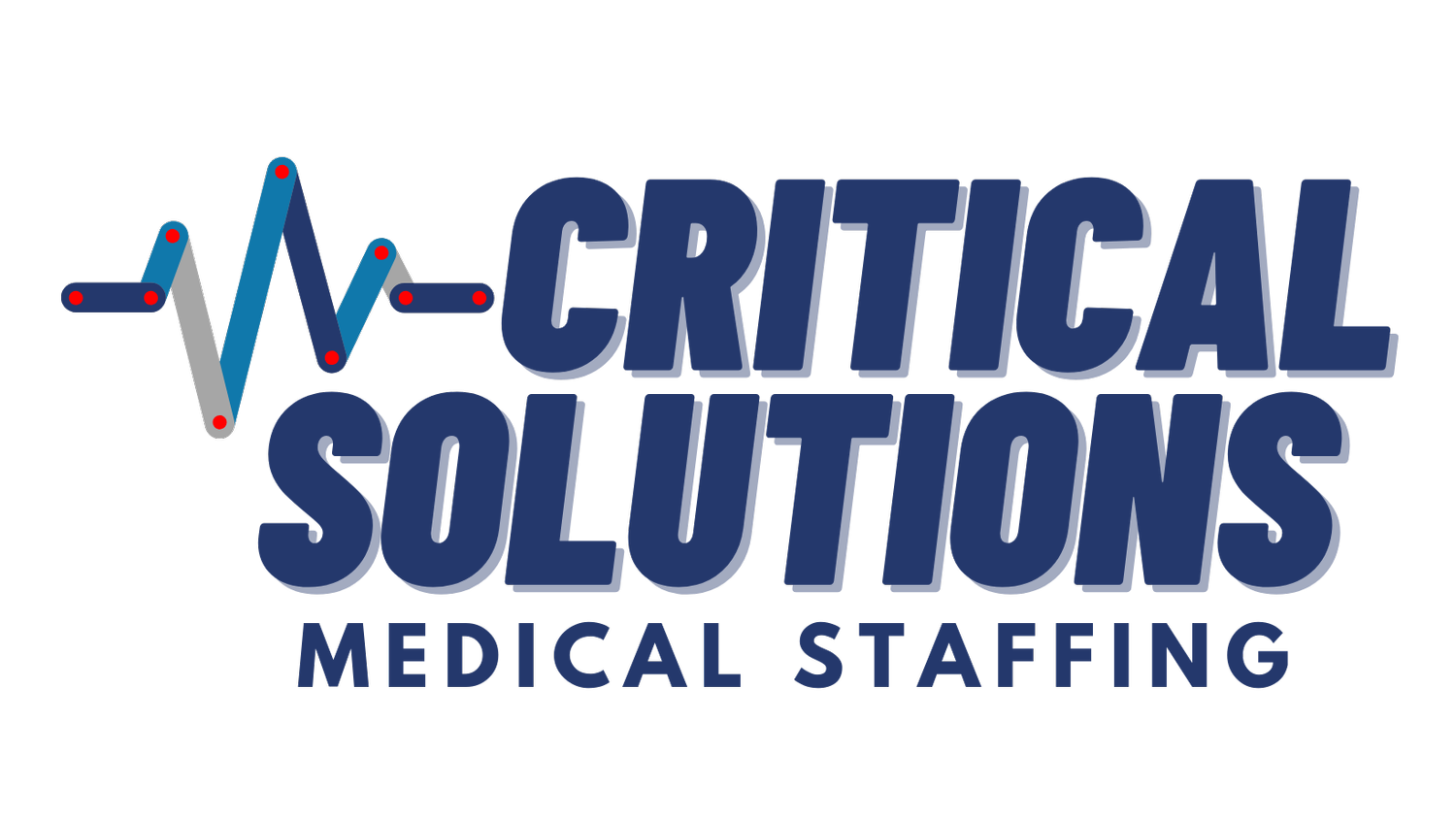How to Address Healthcare Talent Shortage: Strategies for Augusta Employers
/Georgia's healthcare industry currently faces nearly 40,000 job openings, a number expected to surge to over 60,000 within 24 months and a daunting 100,000 by 2030 due to impending baby boomer retirements. This surge will be particularly pronounced in specialties such as nurse practitioners, physical therapists, home health workers, and physician assistants, with demand increasing by as much as 75%. The need for doctors is also projected to rise significantly, signaling a potential crisis that could impact care quality and public safety. It's imperative to address these staffing challenges promptly to ensure continued access to high-quality healthcare in Georgia.
What Contributes to Healthcare Talent Shortage in Augusta?
Aging Population
As the population continues to age, there's an exponential increase in the demand for healthcare services. Elderly individuals typically require more extensive medical care, including specialized treatments and long-term care facilities. This demographic shift intensifies the need for skilled healthcare professionals to cater to the unique healthcare needs of aging patients.
Workplace Factors
Workplace factors significantly contribute to the healthcare talent shortage, as evidenced by issues like workforce burnout, inadequate staffing levels, limited career development opportunities, negative workplace culture, compensation disparities, technological challenges, and barriers to diversity and inclusion. These dynamics collectively erode morale, increase turnover rates, and deter skilled professionals from committing to long-term employment within healthcare organizations.
Growing Patient Demands
Growing patient demands exacerbate the healthcare talent shortage by increasing pressure on providers to deliver personalized, high-quality care efficiently. This heightened demand strains existing workforce resources, leading to burnout and attrition among professionals. Additionally, the complexity of modern healthcare necessitates specialized expertise, further amplifying talent shortages.
Challenge of Attracting and Retaining Talent
The healthcare industry faces challenges in attracting and retaining talent due to various factors. Firstly, the demanding nature of healthcare roles, including long hours and high stress, deters potential candidates. Additionally, extensive education and training requirements create barriers to entry. Competition among organizations for top talent intensifies, leading to rising labor costs and the need for competitive compensation packages. Retention is also challenging due to burnout, limited career advancement, and workload disparities. Addressing these issues requires comprehensive strategies focused on improving work-life balance, offering professional development, and creating supportive environments.
Strategies for Overcoming the Talent Shortage in Augusta
Invest in Education and Training
Allocate resources towards expanding educational programs and training opportunities to increase the pipeline of qualified healthcare professionals. This includes initiatives to attract more individuals to healthcare careers and provide support for ongoing professional development.
Offer Competitive Compensation and Benefits
Provide competitive salary packages, sign-on bonuses, and comprehensive benefits to attract and retain top talent. Additionally, consider offering incentives such as tuition reimbursement, student loan forgiveness programs, and flexible work arrangements to appeal to candidates' needs and preferences.
Create a Culture of Engagement
Creating a culture of engagement in healthcare organizations is vital for fostering employee motivation, improving patient care quality, and achieving organizational goals. This involves promoting open communication channels, encouraging employee participation in decision-making processes, and providing opportunities for professional growth and development. Additionally, recognizing and rewarding employees for their contributions, fostering teamwork and collaboration, and aligning organizational values with employee goals are essential elements in cultivating a culture where staff feel valued, empowered, and committed to their work.
Promote Diversity and Inclusion
Promoting diversity and inclusion in healthcare organizations involves implementing equitable hiring practices, such as blind recruitment processes and diversity-focused outreach efforts. Providing ongoing education and training on unconscious bias and cultural competency equips staff with the skills needed to navigate diverse workplace dynamics effectively. Actively engaging with diverse communities through partnerships and outreach events fosters trust and understanding, leading to more inclusive healthcare services.
Enhance Recruitment Efforts
Implement targeted recruitment strategies to attract talent from diverse backgrounds and geographic locations. Utilize innovative approaches such as social media campaigns, virtual job fairs, and referral programs to reach potential candidates. Get help from medical staffing agencies in your area to solve talent shortage. Additionally, partnering with medical staffing agencies in Augusta can provide valuable assistance in addressing the talent shortage by connecting organizations with qualified professionals who meet their specific needs and preferences. These agencies can offer expertise in sourcing, screening, and matching candidates, streamlining the recruitment process and ensuring a successful fit between candidates and positions
Get in touch with us to initiate a discussion about how we can assist with your healthcare staffing requirements.

